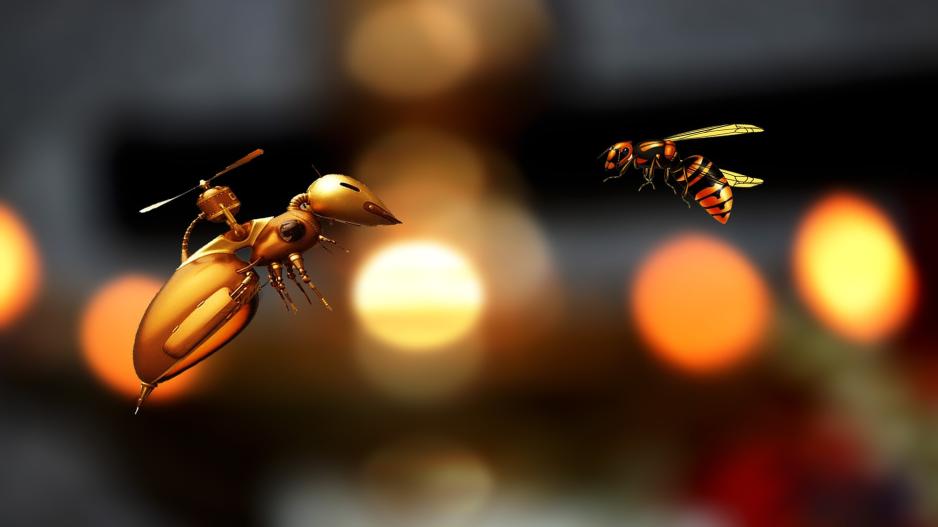MIT Develops Robotic Insects to Support Pollination Amid Bee Decline
Breakthrough in Artificial Pollination Could Boost Crop Yields and Mitigate Global Food Crisis
Scientists at the Massachusetts Institute of Technology (MIT) have developed robotic insects capable of rapid pollination, a potential solution to the ongoing decline of bee populations. Their research, published in Science Robotics, explores how these bio-inspired robots could help safeguard global agriculture, which is increasingly threatened by the disappearance of bees.
Artificial pollination is a process in which humans manually transfer pollen between flowers, with emerging technologies like mechanical pollination offering alternative solutions. The MIT research team has introduced robotic insects that outperform previous designs by a factor of 100 in speed, endurance, and agility, making them more efficient at pollination than earlier robotic attempts.
Unlike previous insect-sized robots, which struggled with flight stability, speed, and durability, these new lighter and more efficient models include expanded battery storage and enhanced wing performance, significantly improving their precision and maneuverability.
For nearly two decades, a mysterious pandemic has been wiping out bee populations worldwide. The massive loss of bees has raised alarms among scientists, as pollinators play a critical role in food production. Experts warn that without bees, the world could face a severe food crisis and numerous environmental consequences.
MIT’s robotic insect technology not only aims to sustain current agricultural levels but also has the potential to dramatically increase crop yields without harming the environment. This innovation could serve as a vital tool in global food security efforts as the natural pollinator crisis continues.






